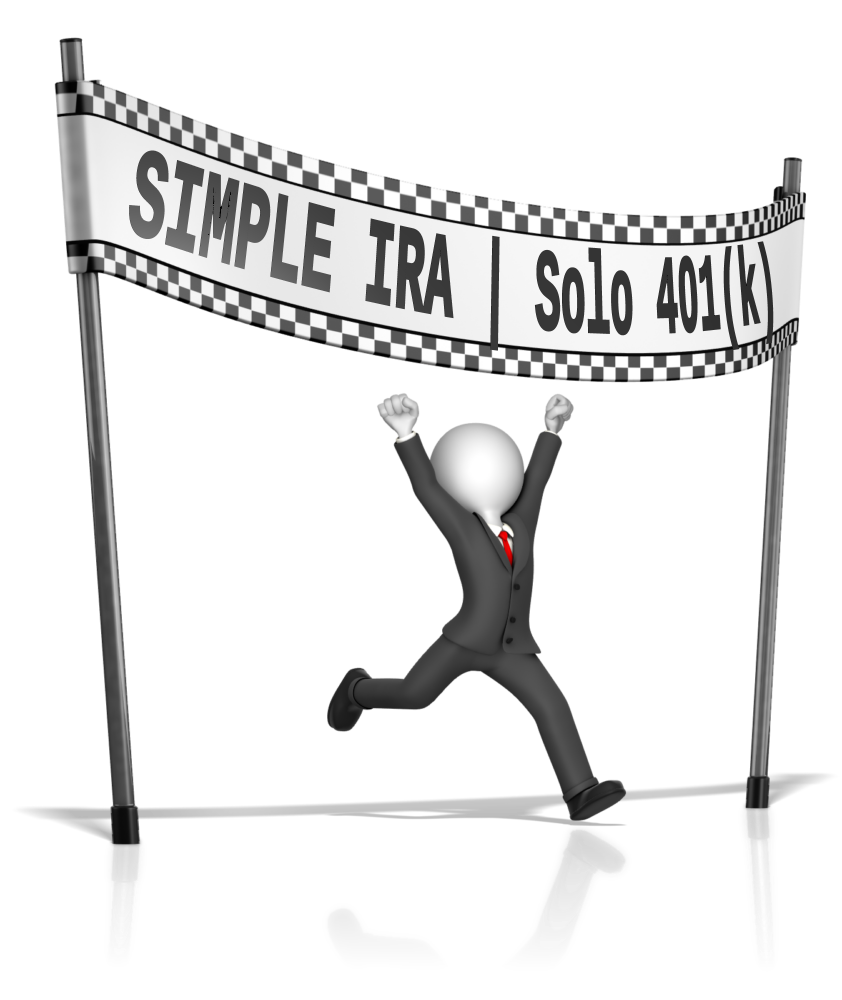Alternative self-directed IRA Investments for the Self-Employed and Small Business Owner-Part 2
 For those at higher income levels, traditional IRAs can be problematic, because of the strict income limits on these accounts. If you have an income over a certain amount, your ability to deduct contributions to traditional self-directed IRAs is reduced or eliminated. You can still make traditional self-directed IRA contributions on a non-deductible basis, but the overall $5,500 limit on IRA contributions ($6,500 for those over age 50) is still limiting for successful self-employed people and small business owners.
For those at higher income levels, traditional IRAs can be problematic, because of the strict income limits on these accounts. If you have an income over a certain amount, your ability to deduct contributions to traditional self-directed IRAs is reduced or eliminated. You can still make traditional self-directed IRA contributions on a non-deductible basis, but the overall $5,500 limit on IRA contributions ($6,500 for those over age 50) is still limiting for successful self-employed people and small business owners.
Solo 401(k)s
Under some circumstances, creating a Solo 401(k) plan can enable you to set aside even more money on a pre-tax basis than you can in a traditional self-directed IRA. In addition to the potentially higher contribution limits, there are other important potential benefits to creating a self-directed 401(k) as well:
Under Some Circumstances, Exempt from UDIT Taxes. UDIT, or Unrelated Debt Income Tax, is a special kind of tax the IRS imposes on tax exempt entities and retirement plans. Specifically, it is a levy on any income the plan realizes that is attributable to borrowed money, as opposed to your own contributions. 401(k) plans may be exempt from this requirement.
Loans. You can set up your 401(k) plan to allow for plan loans. This can be an important source of short-term capital for small business owners: Loans from 401(k) plans don’t require a credit check. You just have to pay the loan back to your 401(k) to avoid penalties.
Designated Roth Accounts. As of 2006, 401(k) plan sponsors have been allowed to create designated Roth accounts within their plans. Contributions to these accounts are not tax deductible, but the growth in these accounts is tax free. There are also no required minimum distributions to worry about.
SIMPLE IRAs
If you have more than just a couple of employees, you may want to consider a self-directed SIMPLE plan. These plans may make sense under the following circumstances:
- You have fewer than 100 employees
- Your business consists of more than just you and your spouse and one or two low-wage earning employees.
- You need a retirement plan to help you attract and retain talent in the marketplace.
- You don’t want to commit to funding a fixed amount towards employee’s plans every year.
As of 2013, employees – including owner employees – can defer taxes on up to $12,000 each year. Those over age 50 can contribute an additional $2,500 on a tax-deductible basis. You can also contribute another 3 percent of your compensation each year as an employer contribution.
Getting Started
For more information on this or any type of self-directed IRA account, please feel free to contact American IRA, LLC via e-mail [[email protected]] or via phone [1-866-7500-IRA(472)], or visit our website [www.americanira.com].
Image by: http://www.presentermedia.com




